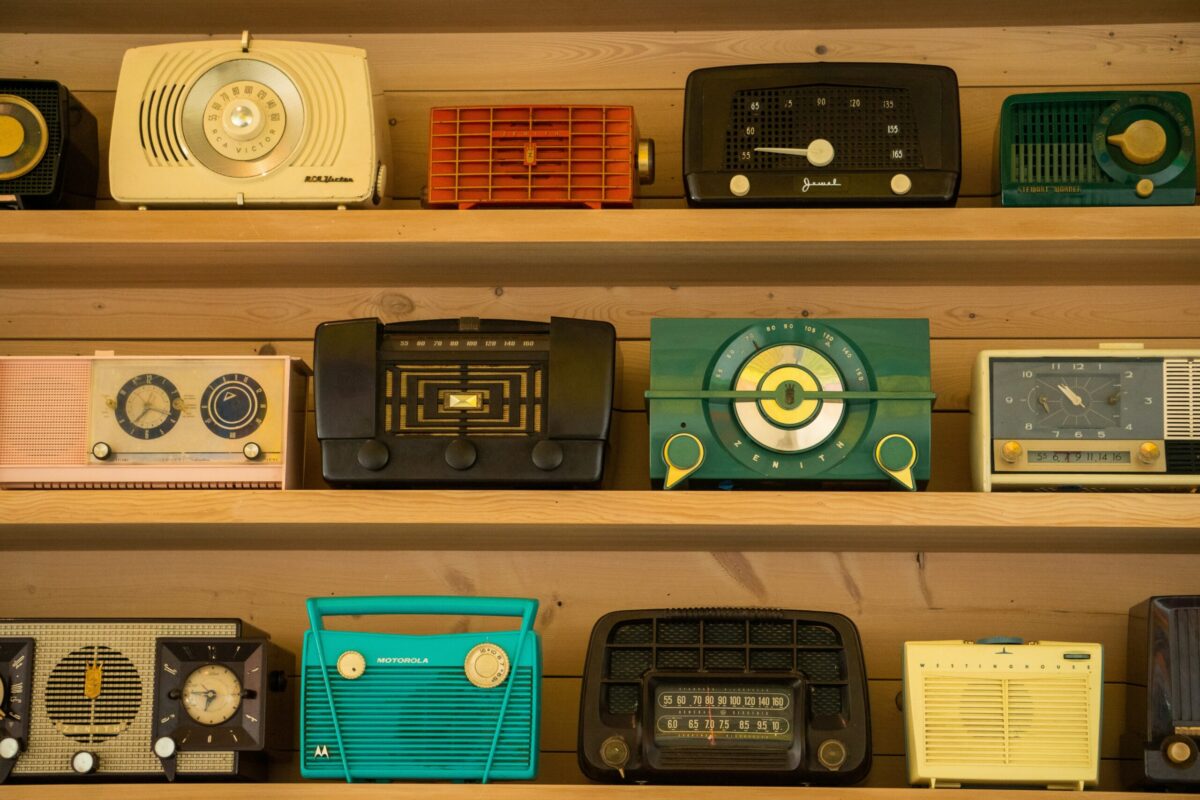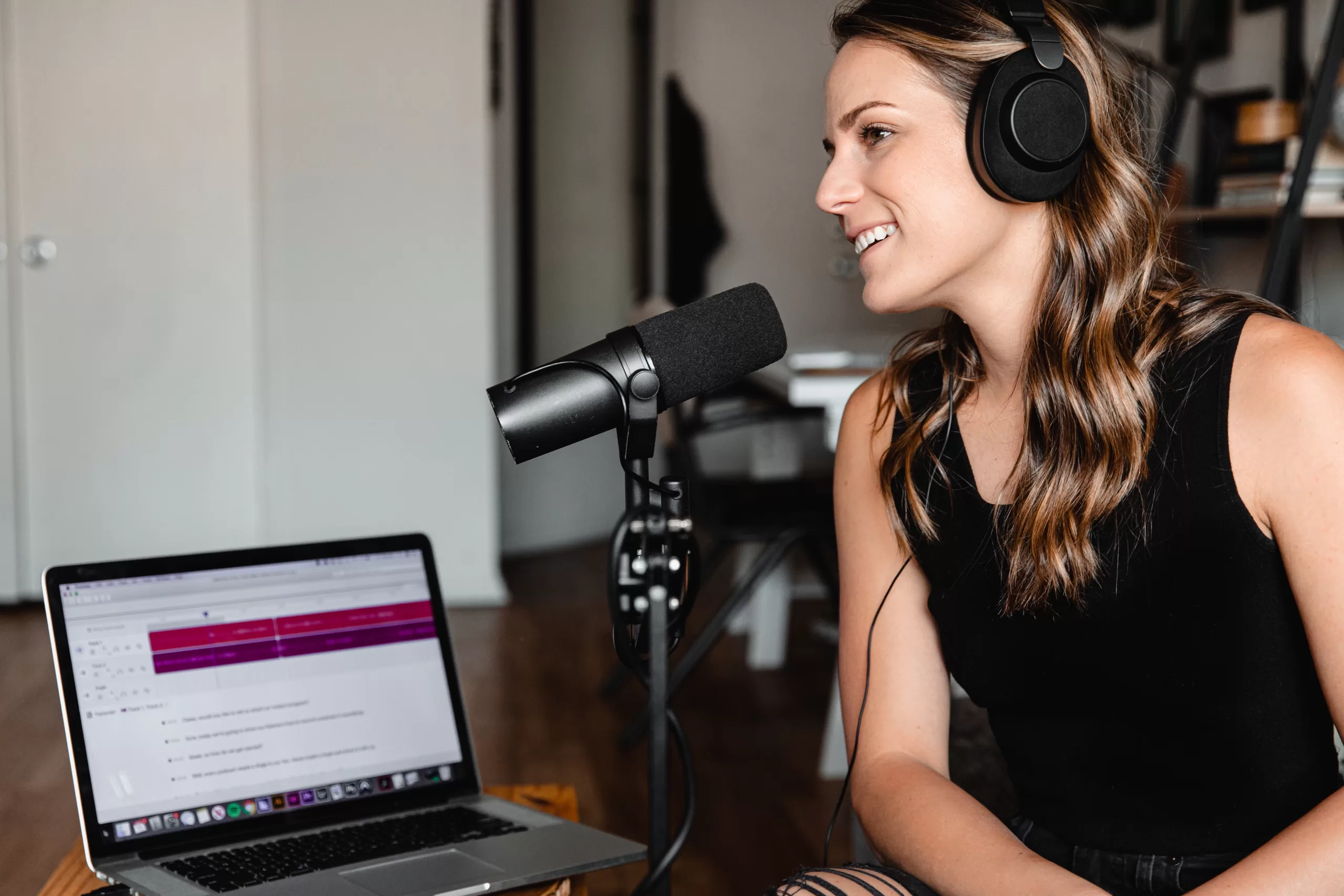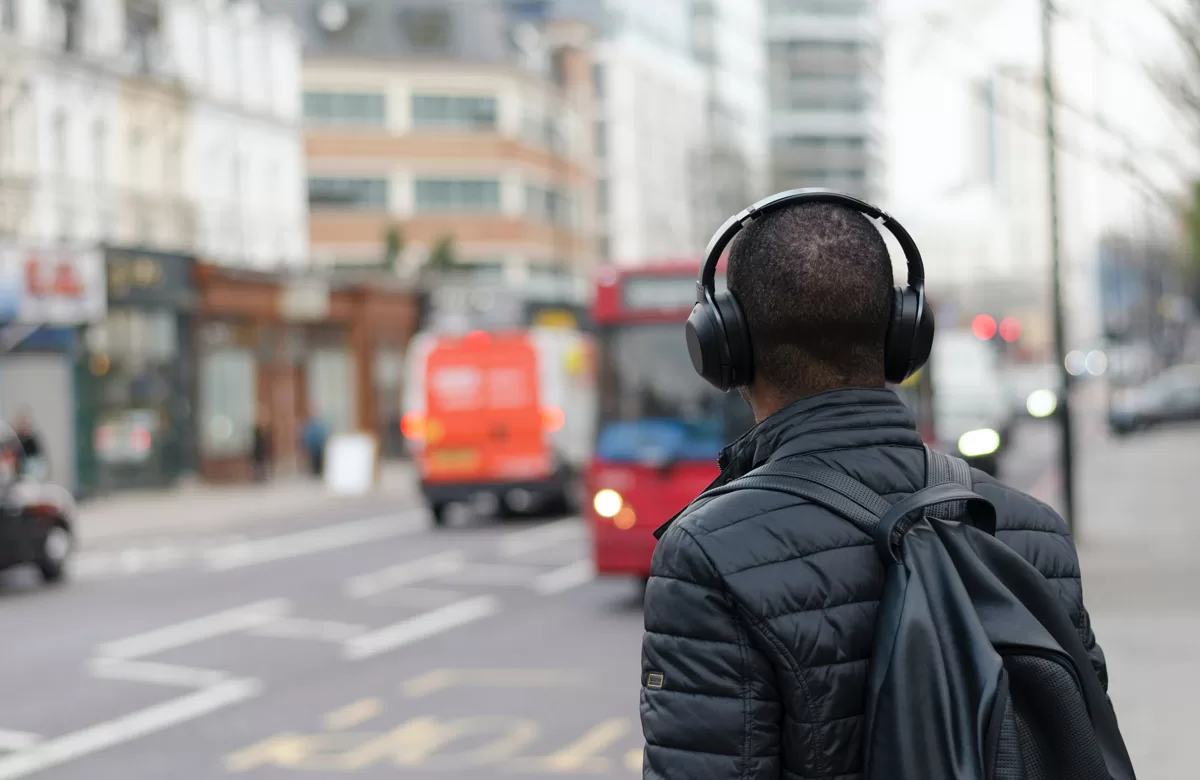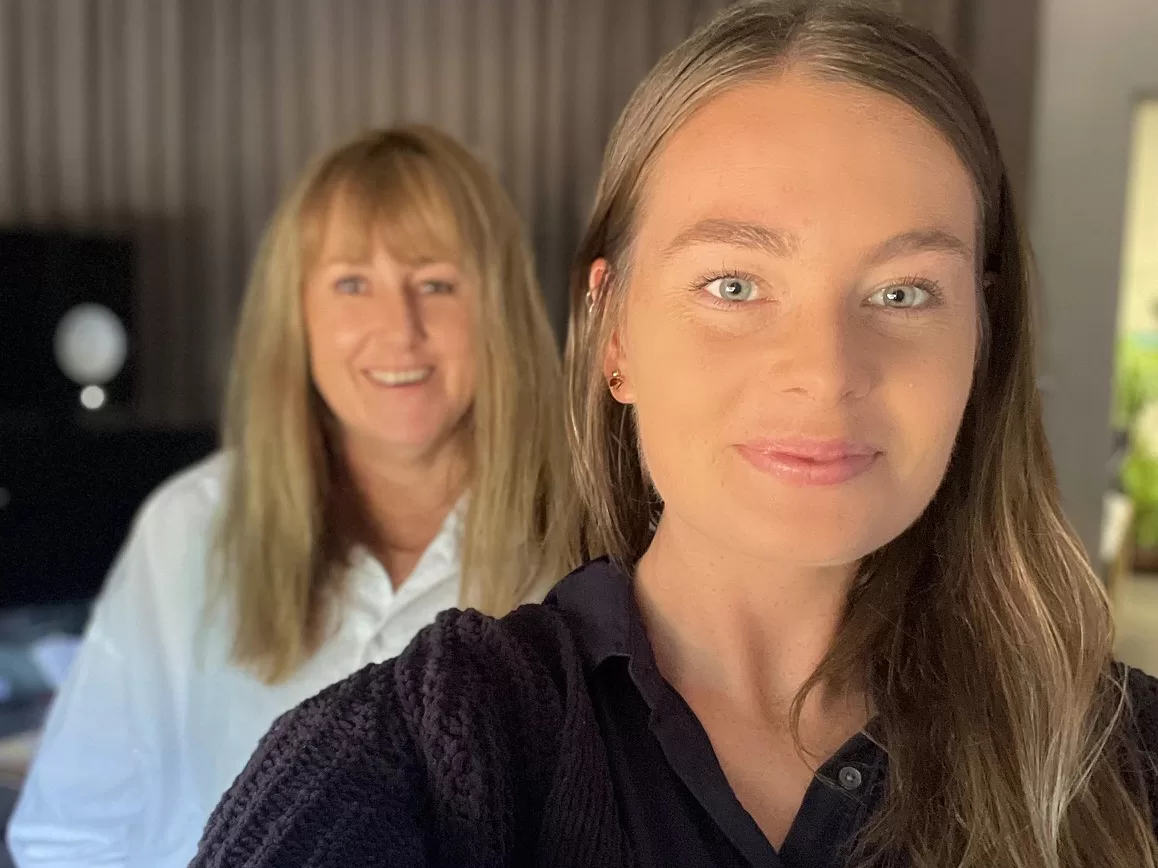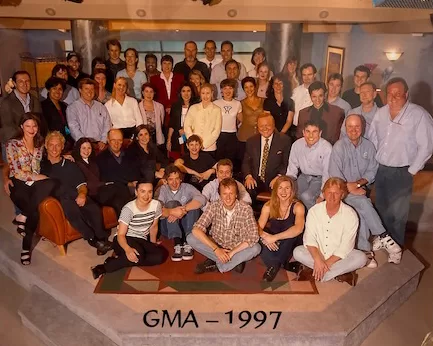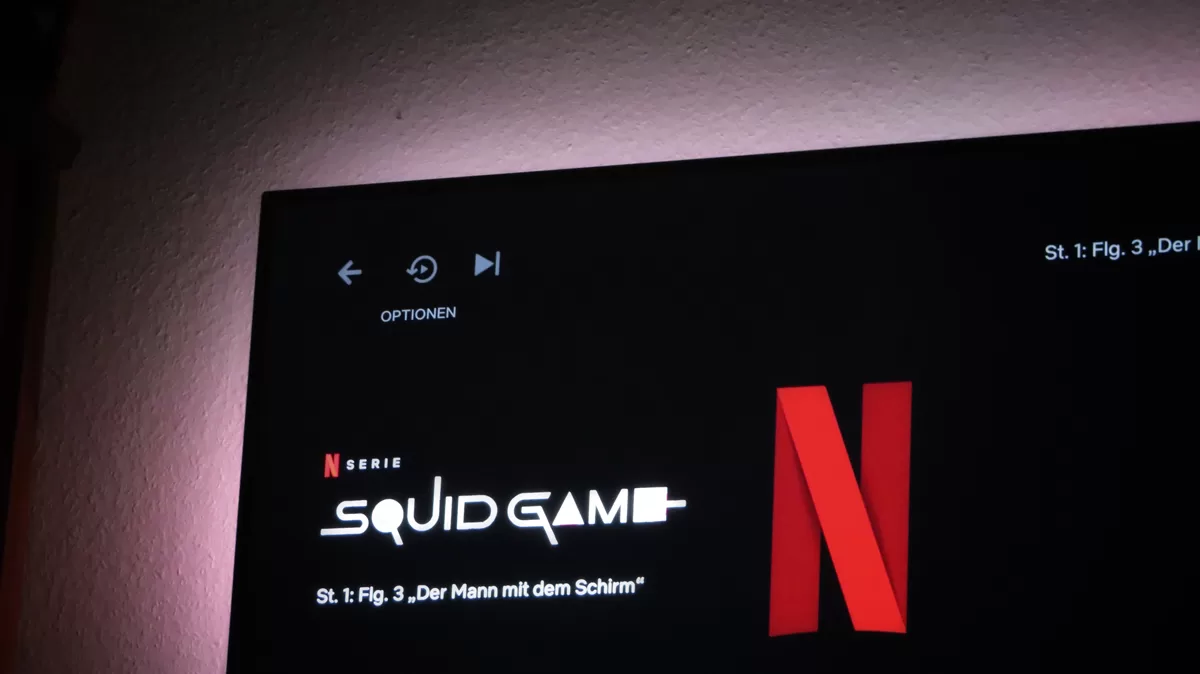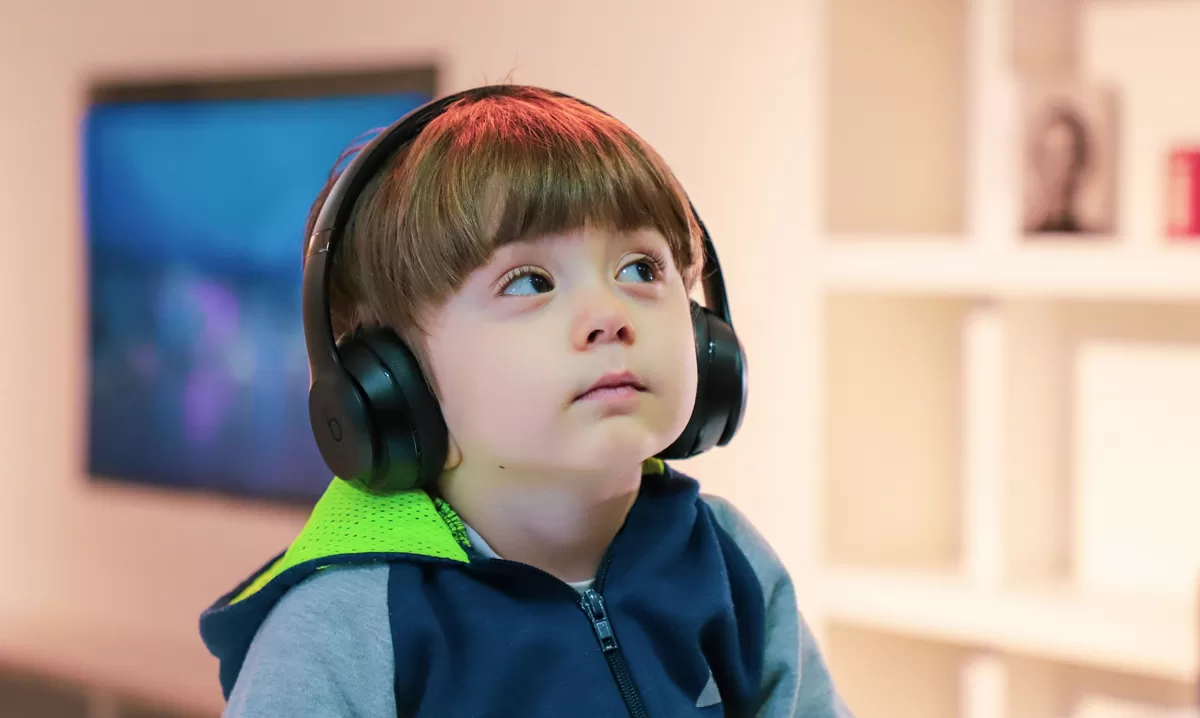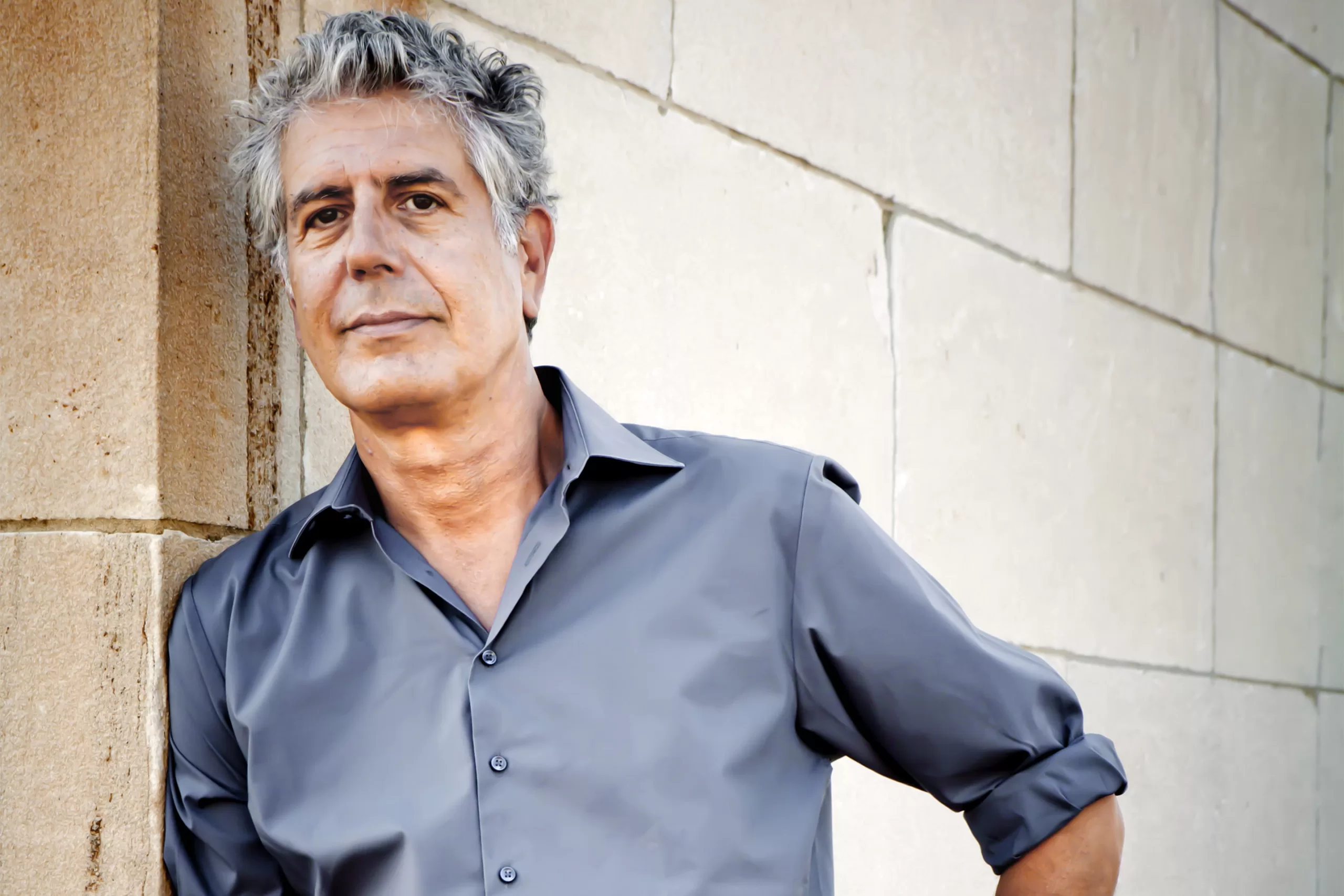Radio advertising has often been overshadowed by digital and television campaigns, yet it remains one of the most effective ways to reach a broad audience. With high levels of trust and affordability, radio provides a unique opportunity for brands to connect with consumers in a meaningful way.
Unlocking Radio’s Potential
Studies show that while radio campaigns reach thousands of listeners, many brands struggle with recognition and recall. A large portion of listeners fail to connect a radio ad with the intended brand, meaning businesses are missing out on a major opportunity to strengthen their presence in consumers’ minds.
To make the most of radio advertising, brands need to focus on key elements that drive engagement and retention.
What Makes a Great Radio Ad?
For a radio campaign to be successful, it needs to prioritise four essential factors:
- Strong Branding – Distinctive sounds, jingles and memorable sonic elements help establish brand identity and recognition.
- Immediate Impact – The first few seconds are crucial in capturing attention, as many listeners are engaged in other activities while tuning in.
- Emotional Connection – Ads that trigger emotions, whether through humour, storytelling or music, create a stronger bond with audiences.
- Entertainment Value – A well-crafted, engaging ad ensures that listeners stay tuned rather than tuning out.
Creativity is Key
Many brands treat radio ads as an afterthought, particularly when they are part of larger campaigns involving television or digital media. However, radio’s success depends on creative execution. A well-produced and strategically crafted ad can turn passive listeners into engaged customers.
By prioritising originality, emotional appeal and clear branding, businesses can transform their radio campaigns into powerful tools for audience connection and brand growth. Radio isn’t just background noise, it’s an opportunity to make a lasting impression.
Get Heard with Hardy Audio
At Hardy Audio, we specialise in crafting high-quality, engaging radio ads that cut through the noise. Whether you’re looking to build brand awareness or drive customer action, our team will create a sound strategy that delivers real results.
Ready to make your message heard? Contact Hardy Audio today and take your radio advertising to the next level.

